LGBTQ
-
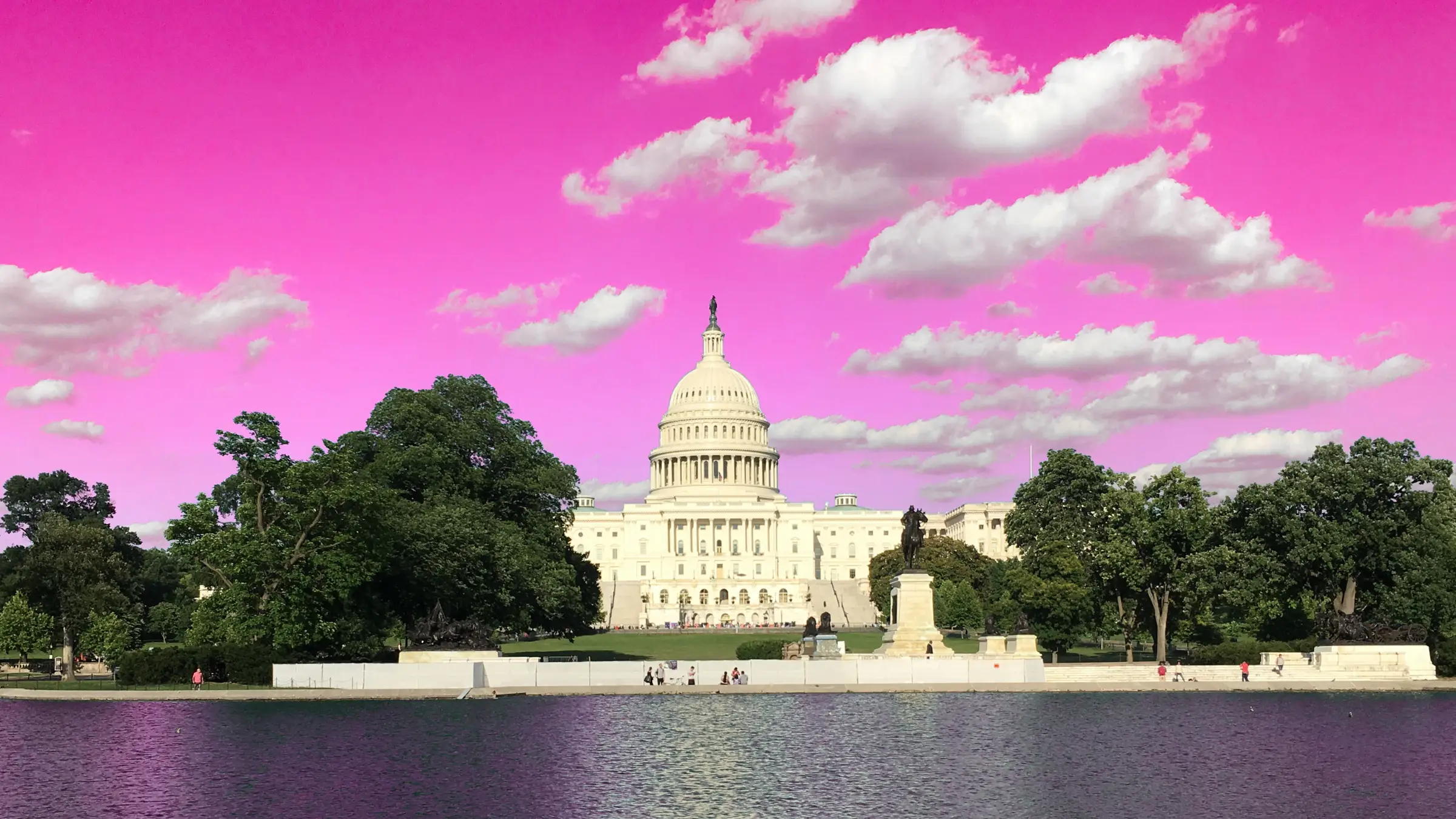
🏳️🌈 We Are The WorldPride
Will WorldPride in DC have a different vibe in 2025 than it did in NYC in 2019? The Complimentary Spouse and I are about to find out.
-
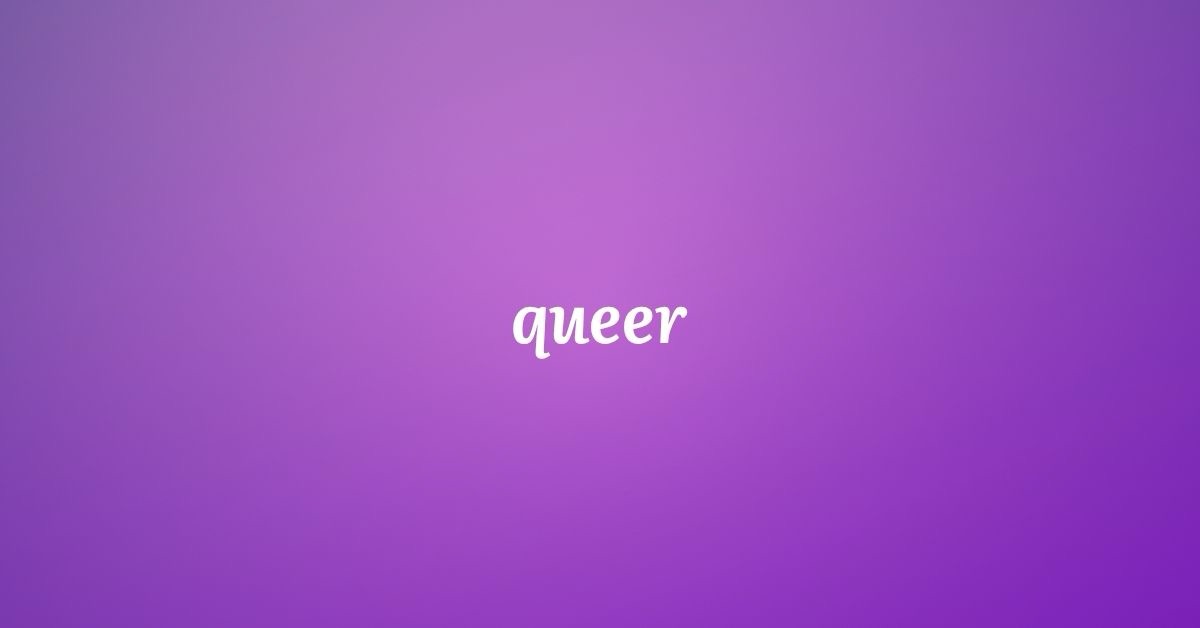
-

🏳️🌈 Don’t Give Up the Ship
“All men are created equal. Now matter how hard they try, they can never erase those words.” — Harvey Milk
-
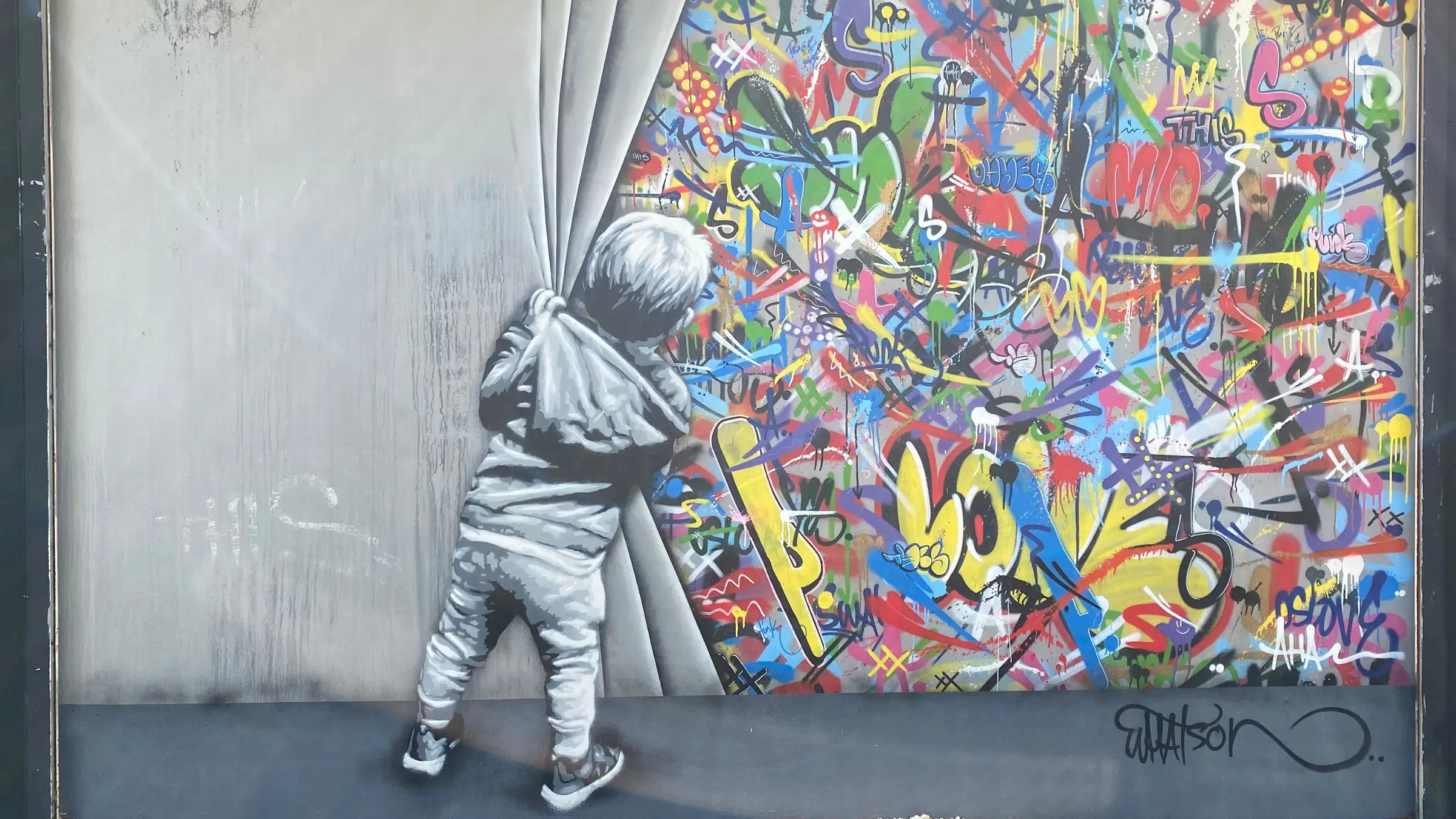
🏳️🌈 Elementary
Trans and non-binary kids are discussing gender at a young age—and teaching us a valuable lesson.
-
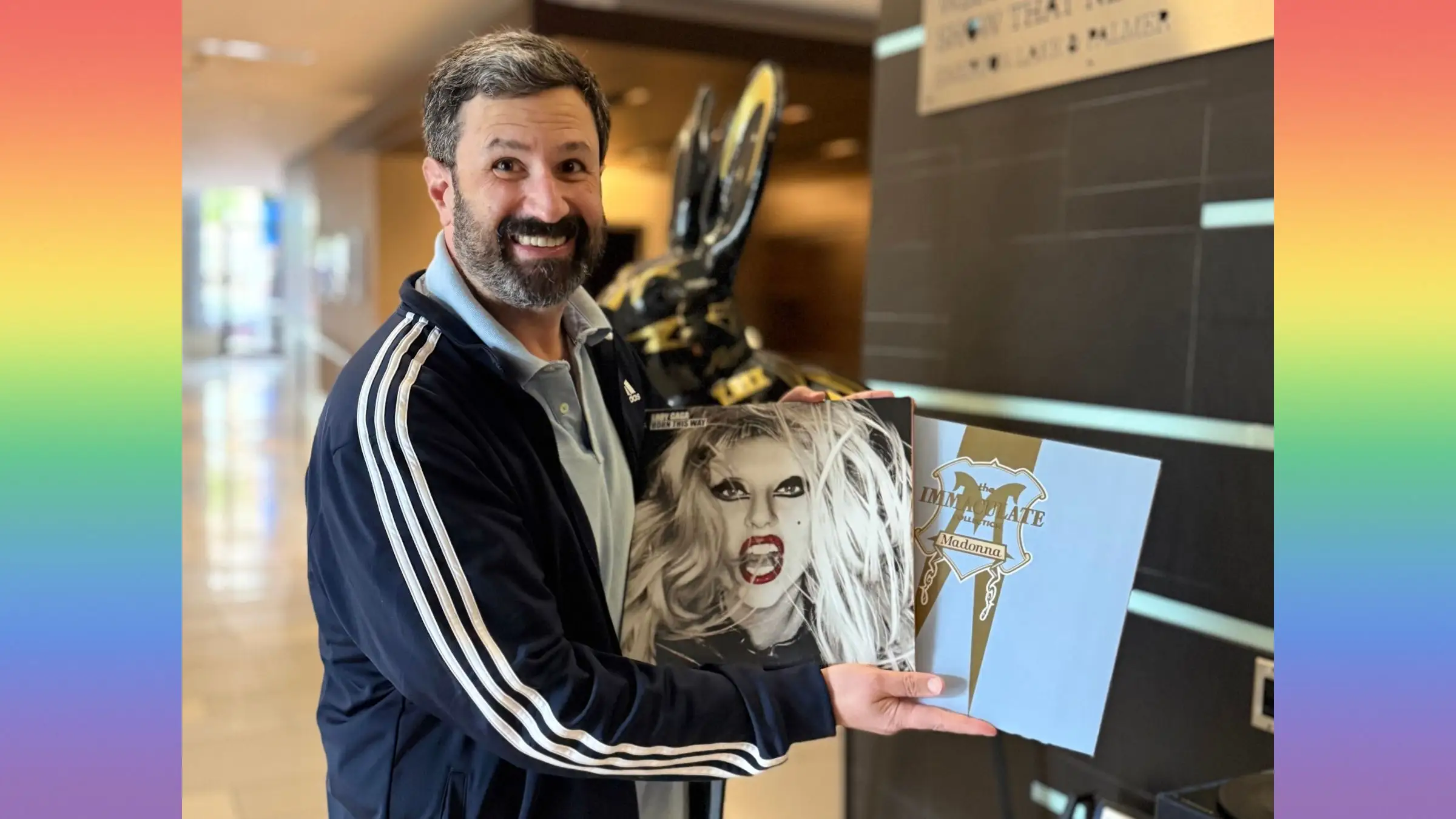
-
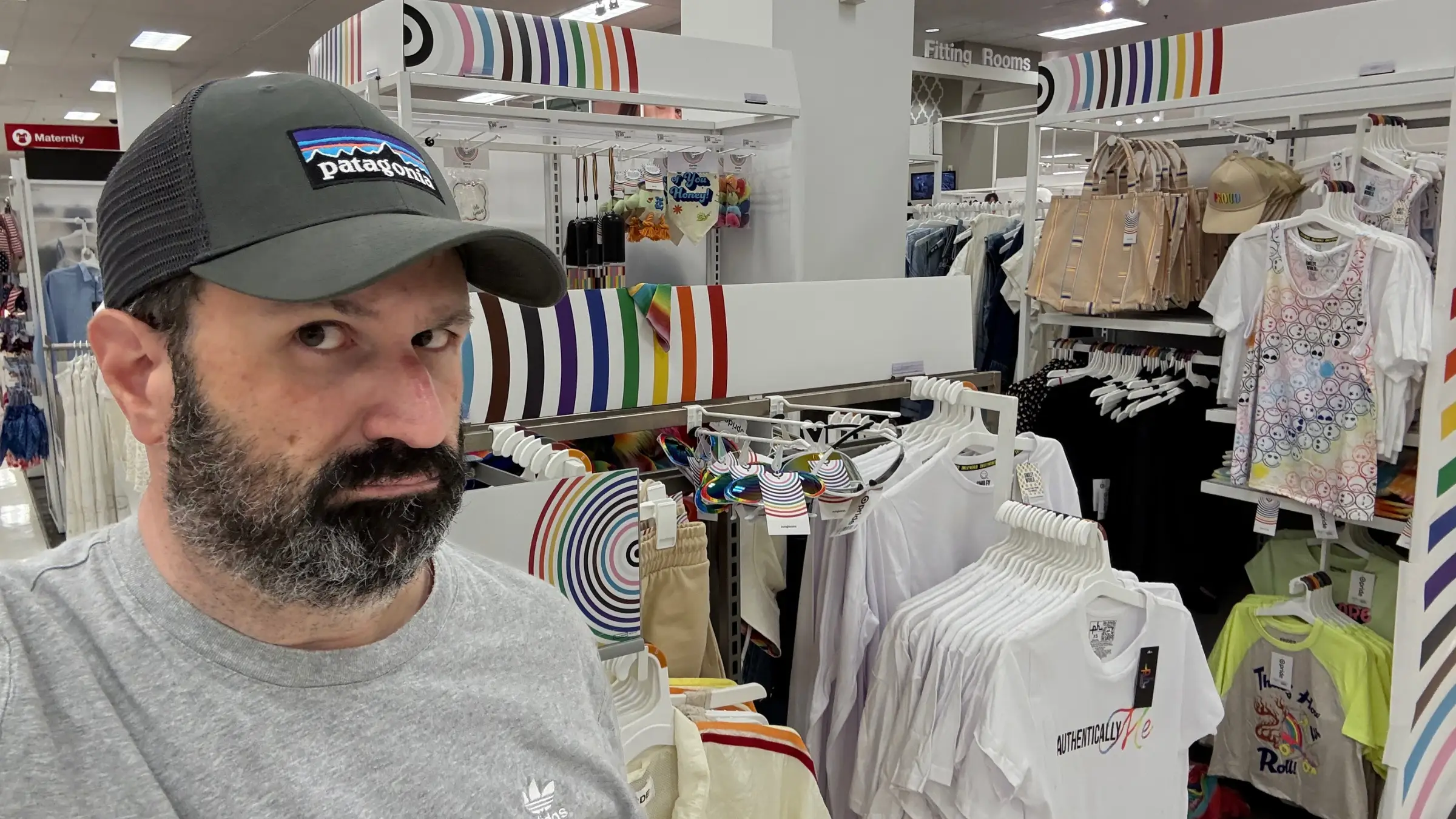
🏳️🌈 Pride 2025 at Target: Meanness Meets Mediocrity
When it comes to LGBTQ people, Target has gone from empathetic to apathetic to just flat-out pathetic. This collection proves it.
-
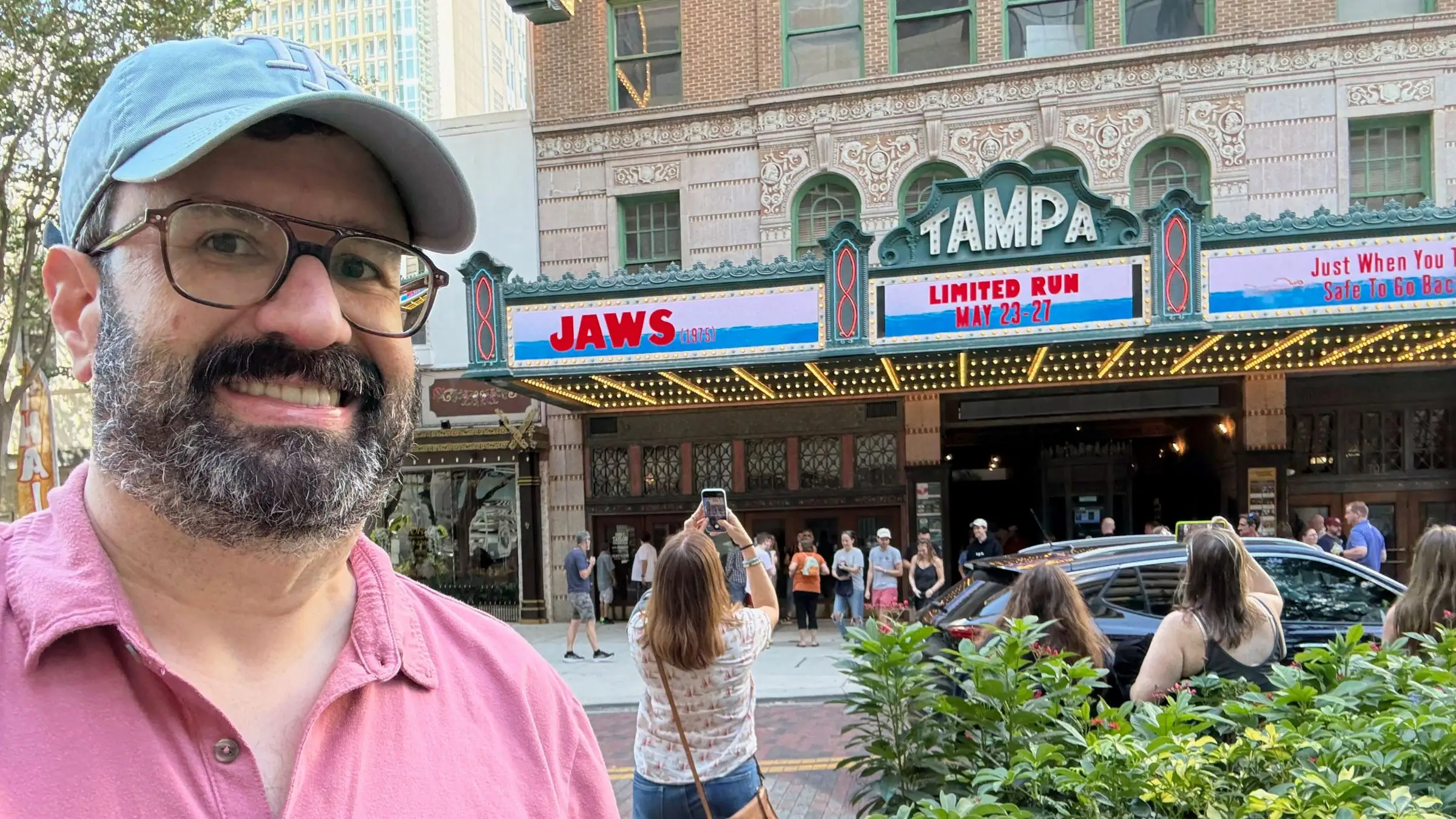
Late to the Beach Party: Seeing “Jaws” for the First Time
A gay love story? A cinematic universe? A musical? I’m gonna need a bigger blog post.
-
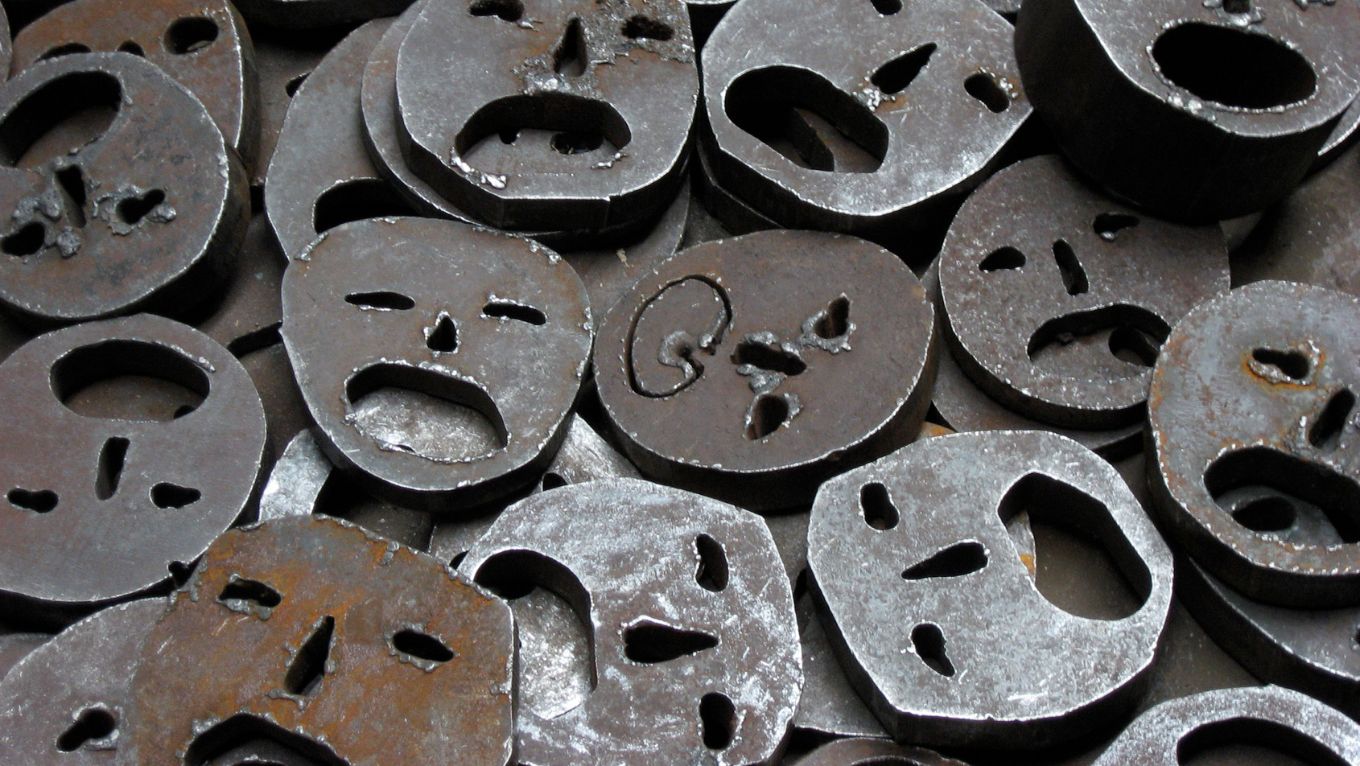
… Queers and David’s Stars
Nazi atrocities against Jews and queers are more connected than many people realize. If we continue thinking of them as two distinct groups, we can’t learn from history, nor can we prepare to fight off the modern threat of authoritarianism.
-
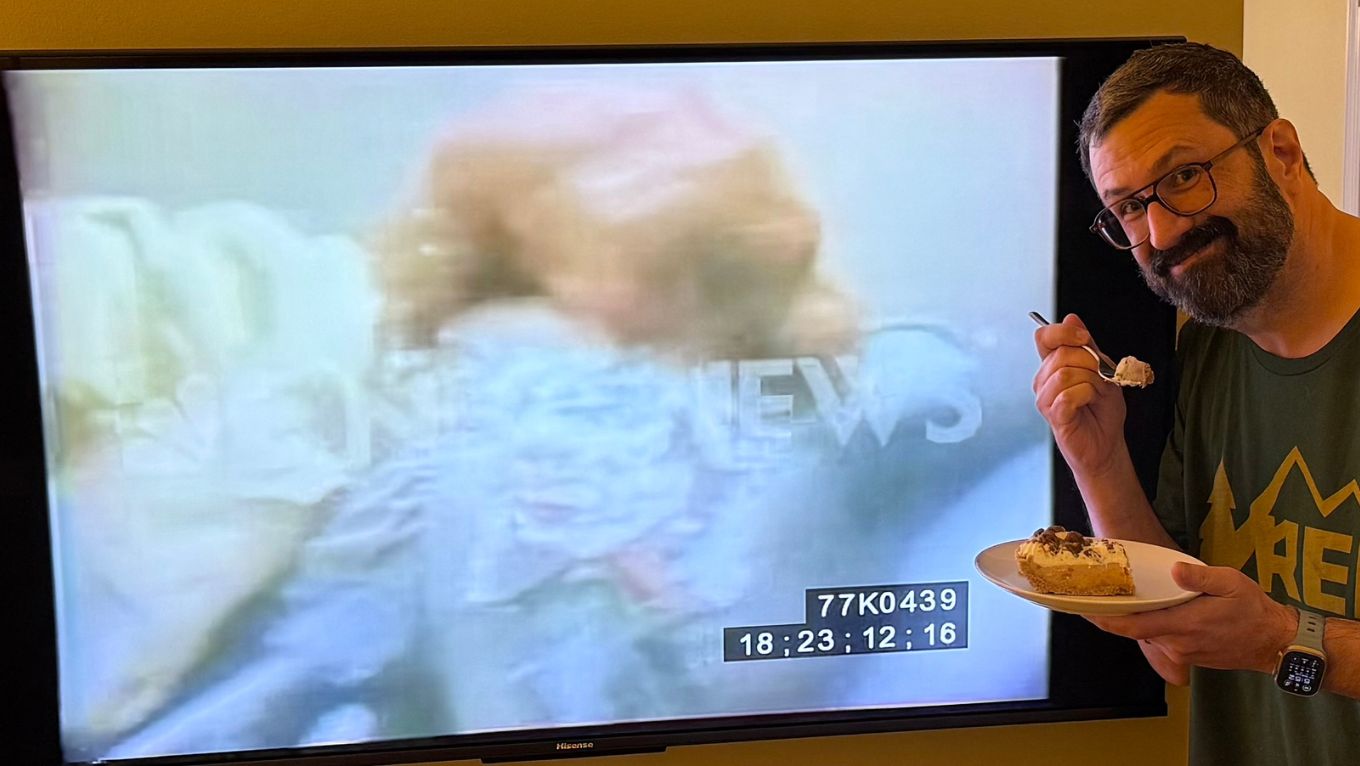
-
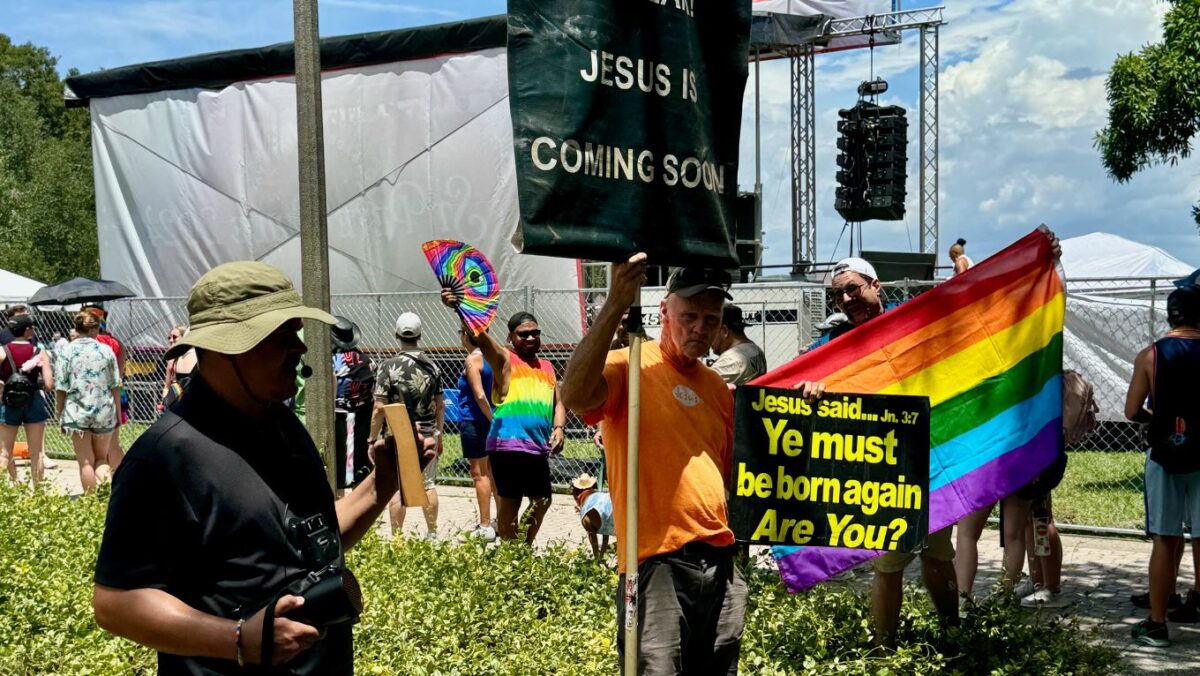
🏳️🌈 Confronting Hate With Speech and Silence
In hindsight, I should have waved my flag instead flapping my gums.